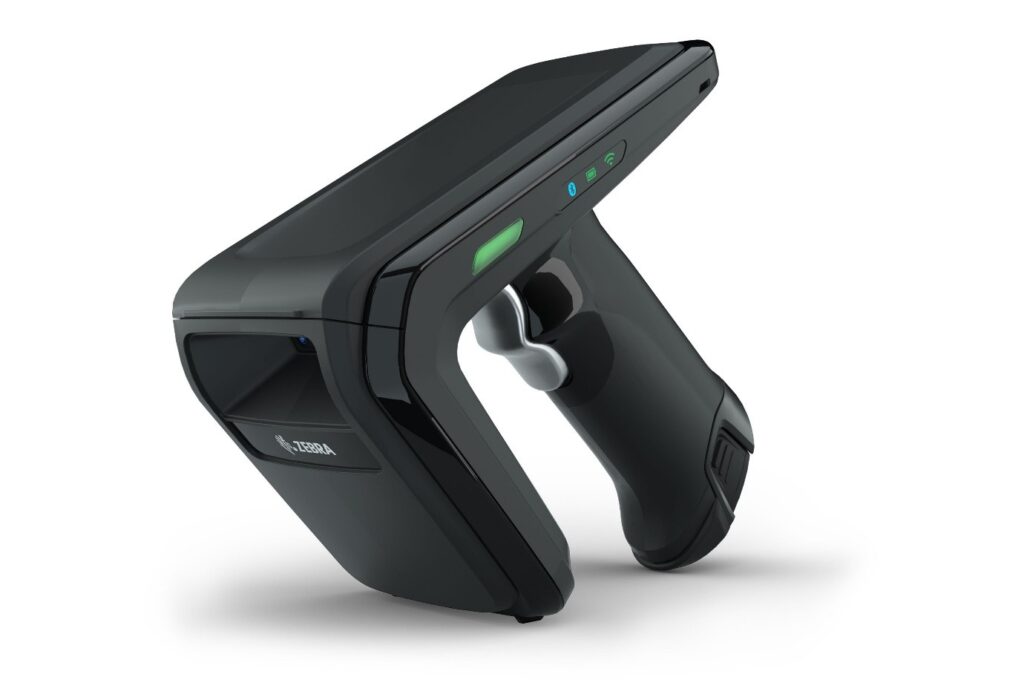Managing inventory in today’s fast-paced supply chain requires more than traditional spreadsheets and barcode systems. Businesses now demand real-time inventory tracking to reduce inefficiencies, minimize costs, and improve accuracy. This is where RFID asset tracking and advanced RFID warehouse solutions are transforming operations across industries.
The Need for Real-Time Inventory Tracking
Manual inventory management often leads to human error, stock discrepancies, and delays in fulfillment. As customer expectations grow, businesses can no longer afford to operate with inaccurate or outdated stock levels. Real-time inventory tracking ensures continuous visibility of goods within warehouses, factories, and retail outlets.
With RFID technology, businesses gain instant updates on product movement, automatically syncing data into their systems. This eliminates manual counting, saves labor hours, and ensures inventory is always accurate.
How RFID Asset Tracking Works
RFID asset tracking uses radio frequency identification tags attached to products, tools, or equipment. Each tag contains unique information that RFID readers capture and transmit to a centralized system. Unlike barcodes, RFID does not require direct line-of-sight, making scanning faster and more efficient.
Some key benefits of RFID asset tracking include:
-
Seamless monitoring of assets from the moment they enter the warehouse to when they are shipped out.
-
Improved accountability by reducing asset misplacements and theft.
-
Automated logging of data without human intervention.
In industries like healthcare, manufacturing, and retail, RFID asset tracking ensures that high-value items are always located and managed in real time.
RFID Inventory Tracking for Accuracy
Accuracy is one of the biggest challenges in inventory management. RFID inventory tracking enhances visibility by automatically recording item movements and locations. This technology enables businesses to:
-
Conduct instant cycle counts and stock audits.
-
Prevent overstocking and stockouts.
-
Improve fulfillment speed and reduce errors in order picking.
For example, a warehouse equipped with RFID readers can scan thousands of items within minutes, while traditional barcode scanning would take hours. This provides businesses with a competitive advantage in meeting customer demands efficiently.
RFID Warehouse Solutions for Operational Efficiency
Warehouses face ongoing pressure to deliver faster while maintaining cost efficiency. RFID warehouse solutions provide scalable tracking systems that integrate seamlessly into warehouse management software. These solutions help automate processes such as:
-
Receiving and dispatching shipments.
-
Real-time location tracking of pallets and packages.
-
Verifying order accuracy before dispatch.
By implementing RFID warehouse solutions, businesses benefit from:
-
Faster turnaround times.
-
Labor cost savings.
-
Higher efficiency in space utilization through better tracking of stored items.
These improvements not only boost internal productivity but also improve customer satisfaction with timely and accurate order fulfillment.
Custom RFID Tags for Industry-Specific Needs
Every business has unique inventory and asset management challenges. That’s why custom RFID tags play a crucial role in creating tailored solutions. Companies can choose tags that resist harsh environments, extreme temperatures, or liquid exposure, depending on the nature of their operations.
Some applications of custom RFID tags include:
-
Rugged tags for heavy machinery and outdoor assets.
-
Washable tags for textile and garment tracking.
-
High-memory tags for applications requiring detailed data storage.
By leveraging custom RFID tags, organizations can ensure that their RFID system functions with maximum efficiency, specifically suited to their environment.
The Future of RFID in Inventory Management
With the rise of Industry 4.0 and IoT-enabled systems, RFID is becoming a cornerstone of digital supply chains. Combining RFID-enabled real-time inventory tracking with predictive analytics and AI will allow businesses to anticipate demand, optimize stock levels, and streamline logistics.
Forward-looking companies that invest in RFID inventory tracking today will be better equipped to adapt to market fluctuations and growing customer demands.
